"No danger of Moscow's influence in Balkans"
Brussels-based analyst Dušan Reljić says there is "no danger of Moscow applying political or military pressure on former Yugoslav republics or Albania."
Wednesday, 19.11.2014.
13:36

"No danger of Moscow's influence in Balkans"
According to Reljić, no parliamentary party in Serbia and other countries in the region is opposed to membership in the EU.He also noted that a number of countries from the Baltic to the Black Sea had joined NATO, which, according to him, prevents Russia from projecting its military power all the way to the Adriatic.
Earlier this week, German Chancellor Angela Merkel warned that Russian influence could grow in the Balkans.
"Serbia is unlikely to, in the near future, become a member of NATO, because the wounds from the 1999 attack have not yet healed," said he.
Asked if he believes that Moscow is trying bind Serbia more strongly to itself "through deliveries of gas, military cooperation and investment," Reljić said that numbers and data do not confirm such a theory.
"The most important trade partners of that region are Germany and Italy. Russia is the biggest energy supplier, but each pipeline has two ends, that is, there is mutual dependence," he said.
According to Reljić, Russia will not try to prevent EU candidate countries and those aspiring to membership from achieving this goal.
"Moscow neither has so much influence, nor does it want that. But Russia will try, in any way it can, to prevent, for example, Bosnia-Herzegovina, Serbia, and Montenegro from joining NATO," he said.
This analyst sees the economic situation in the region as a potential cause of destabilization.
Two thirds of the region's trade are done with the EU and the organization's financial crisis has hit it hard, according to him. Therefore, the region is looking or new trade and investment partners in China, Turkey, the Arab countries, and Russia.
Reljić also believes that "a completely new geopolitical situation" is present in Europe today "compared with the situation before the fall of the Berlin Wall."
"Russia may be a problem in Eastern Europe, for Eastern European countries, but at this point I do not see that it poses a threat to Western Europe," he said.
Reljić, however, warned about various hotspots "south of the EU, in the Mediterranean and eastward, in Ukraine" - that the EU fears could be engulfed in a conflict like that in Yugoslavia during the 1990s.
"In this context, the establishment of a new security order in Europe certainly is one of the important tasks for the future, and it can be done only with Russia and the United States," he stressed.
"If the conflict in Eastern Europe is allowed to deepen even further, it would in the long run really do great harm to Europe," Reljić concluded.










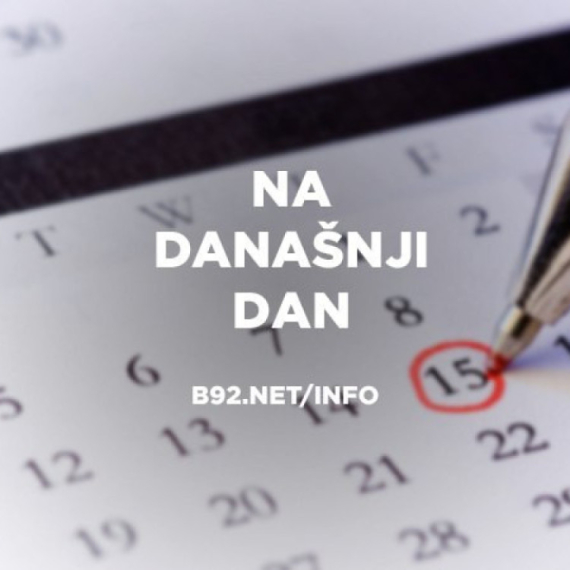
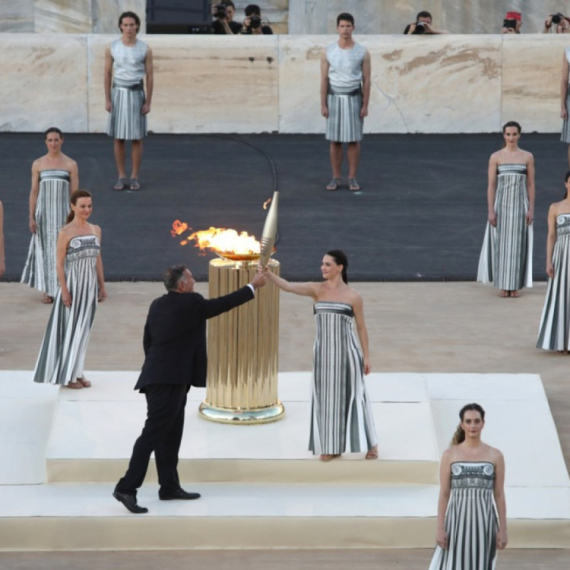
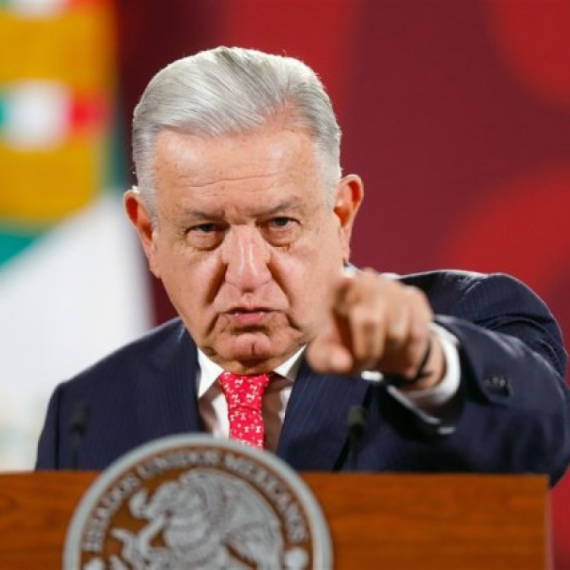


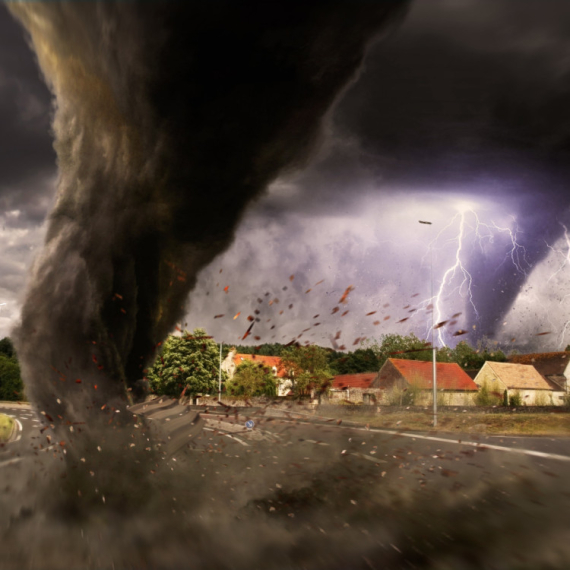
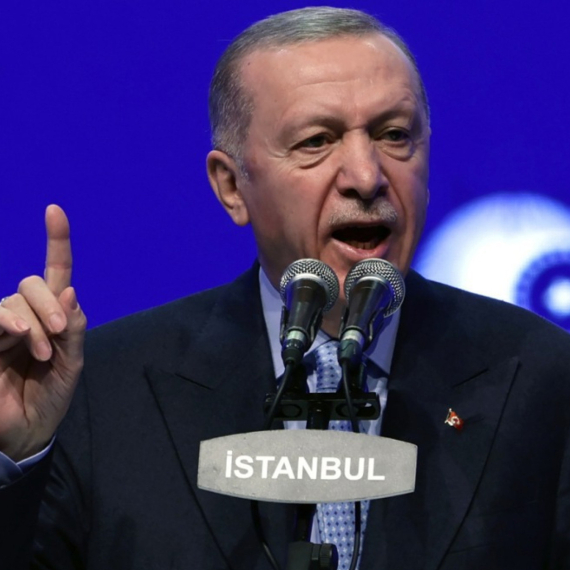




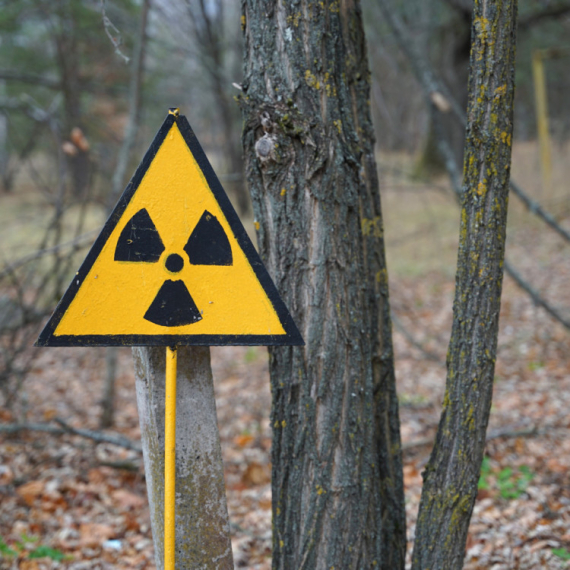




































Komentari 2
Pogledaj komentare